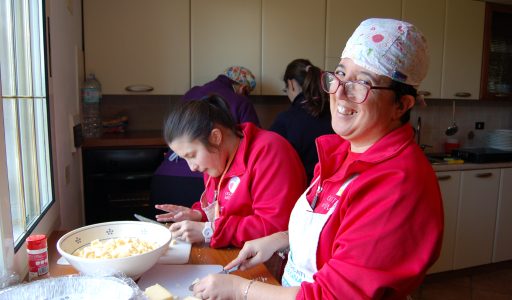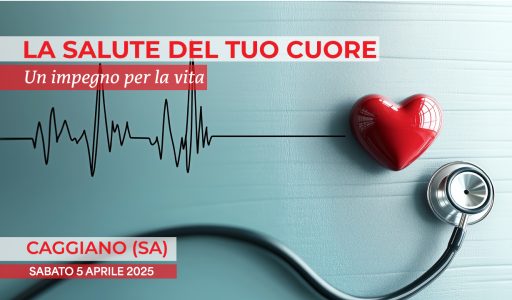Con i Bambini, a Social Enterprise Against Educational Poverty
26 October 2022

More than 1.2 million minors in Italy live in absolute poverty, another 2 million live in relative poverty. In total, one-third of minors in Italy live in poverty. The economic crisis has dramatically affected the living conditions of children and young adults.
Economic poverty is closely related to educational poverty. The two are interconnected and passed down from one generation to the next. Educational poverty among children and youth is a multidimensional issue, and due to the economic, social, and family circumstances in which minors live. It is not only tied to poor economic conditions but further affects emotional well-being, the level of socializing, and the ability to relate to the world. Educational poverty is an issue that impacts the country’s future and hence, extends to the more general developmental aspects.
Therefore, it is necessary to start with a shared initiative among educational agencies in the regions: the school and the family, the institutions and the third sector. In other words, all those who are part of the educational community, including the children and youth themselves, who, from being beneficiaries of services, become protagonists in their future.
And that’s where the Fund Against Educational Poverty in Children and Youth comes.
THE FUND AGAINST EDUCATIONAL POVERTY IN CHILDREN AND YOUTH
At the end of April 2016, a Memorandum of Understanding for the management of the Fund Against Educational Poverty in Children and Youth was signed between the Foundations of banking origin represented by Acri, the Third Sector (The National Forum of Organizations in the Third Sector), and the Italian Government. The fund is intended “to support initiatives aimed at overcoming economic, social, and cultural obstacles that prevent minors from fully completing their educational processes.” In total, the Fund is worth more than 600 million euros.
CON I BAMBINI, A SOCIAL ENTERPRISE TO IMPLEMENT THE PROGRAMS OF THE FUND
Con I Bambini is a nonprofit organization established in June 2016, whose scope is to implement the programs of the Fund against Educational Poverty in Children and Youth. It is wholly-owned by the CON IL SUD Foundation, and to date it has published 15 Calls for proposals. In addition to calls defined by age group (early childhood, adolescence and new generations), Con i Bambini has promoted specific initiatives. Among others, witness ‘ A braccia aperte’ (With Open Arms), whereby EUR 10 million were allocated to support four projects covering the entire Italian territory in support of orphans of victims of feminicide and of foster families; ‘Ricucire i sogni’ (Sewing Dreams), supporting interventions in favour of abused children and adolescents; ‘Vicini di scuola’ (School Neighbours), a EUR 10 million grant to combat school segregation by promoting experimentation with quality schools in difficult contexts; ‘Tutti inclusi’ (All Included), a EUR 15 million grant to ensure the full participation in social and school life of minors with
disabilities in conditions of educational poverty; ‘Un domani possibile’ (A Possible Tomorrow), in collaboration with ‘Never Alone – Per un domani possibile’, promoting the inclusion and autonomy of migrant minors and young people who have arrived alone in our country; ‘Con i bambini afghani’ (With Afghan Children), providing educational support, in and out of school, and promoting the inclusion of minors and families, especially girls and mothers, who have arrived in Italy from Afghanistan; ‘Cambio rotta’ (Route Change), promoting paths to combat juvenile deviance; and finally, a ‘participatory planning’ path in the areas of central Italy affected by the 2016 earthquake, which enabled the creation of 6 educational workshops.
The approved projects are supported by a contribution of more than 338.6 million euros, and they currently involve half a million children and young people, along with their families. Overall, more than 7,200 organizations partnered in the project, including the Third Sector, schools, and public and private entities, have helped strengthen the “educational communities” in the regions.
For more information and updates, visit conibambini.org


